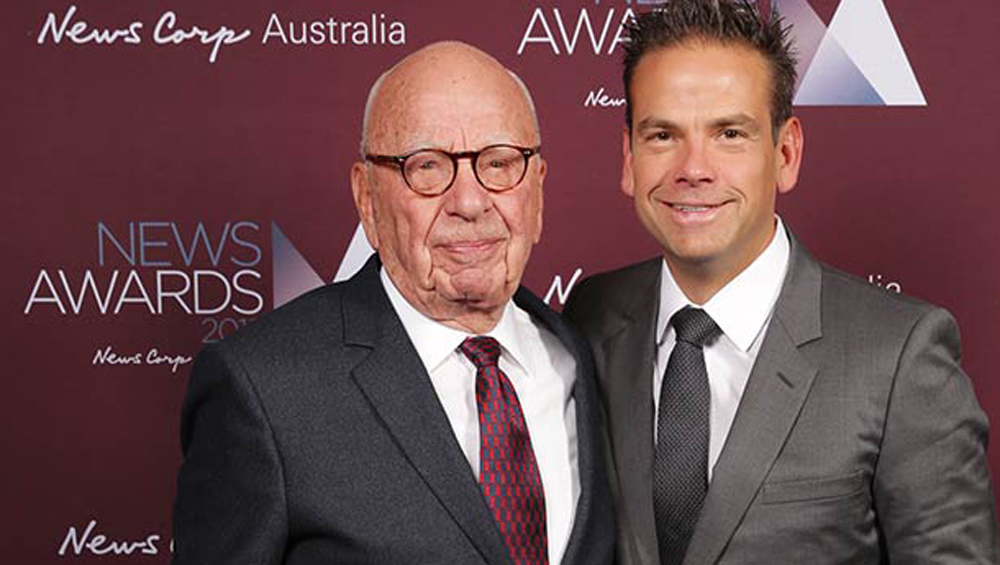
The Murdochs Are Awful. But Don’t Punish Fox O&Os For It.

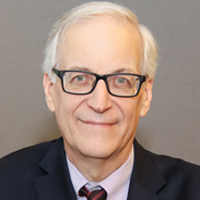
Harry Jessell
If there are any individuals who ought to be stripped of their ability to be in the news business, they are Rupert Murdoch and his son Lachlan.
As laid out in extreme detail in the Dominion Voting Systems defamation complaint and discovery, Fox News Channel knowingly embraced, amplified and promoted Trump’s Big Lie that he had been the victim of a giant conspiracy to deny him a second term in 2020.
And the Murdochs, the controlling owners of the channel, did nothing to stop it.
And they let it play out for the worst possible reason — the fear that they would lose Trump loyalists to other pseudo-news networks if they did not tow the Trump line.
In doing so, they undermined trust in American democracy among FNC’s millions of viewers and stoked the anger that fueled the violent storming of the Capitol on Jan. 6. That trust may never be fully repaired.
The Murdochs have suffered for their journalistic transgressions and cowardice. They were forced to settle the Dominion suit that stemmed from FNC producers and commentators allowing Trump surrogates to drag the good name of the voting machine company through the mud and into their deranged election rigging theories.
But, at $787.5 million, with no apology and no admission of its lying and irresponsibly, I’m among those who think the Murdochs and FNC got off light in the settlement and heap on more pain.
That said, I can’t go along with the campaign to punish the Murdochs by stripping away their broadcast licenses, starting with WTXF Philadelphia and presumably eventually the rest of the Fox O&Os.
Leading the charge is a startup media watchdog group called the Media and Democracy Project. It can’t go directly after WTXF for the simple reason that, like most station newsrooms, it steered clear of Trump’s election ravings. So, instead, MDP is relying on a quaint FCC policy that says it can revoke a license of anybody whose character it finds wanting.
MDP is charging that, in failing to responsibly manage FNC coverage of the election aftermath, the Murdochs demonstrated that they are unfit to be broadcasters.
Legally, the lawyers tell me, it’s a stretch. The FCC rarely goes after a license (even more rarely actually revokes one) on character grounds, and when it does it’s because a licensee is guilty of a narrow and long-standing set of wrongdoings.
Among them are lying to the FCC, “news distortion” and repeatedly violating agency rules by the stations themselves. The FCC will also nail you for non-broadcast malfeasance, like a media-related antitrust judgment or a felony conviction of any kind.
MDP hangs its case, in part, on language it dredged up from a 1986 policy statement on character that says the FCC might disqualify license applicants for engaging in “non-broadcast misconduct so egregious as to shock the conscience and evoke almost universal disapprobation.”
In its petition, MDP edited that language, adding a bit about misconduct that “sowed discord” and deleting the part about “universal disapprobation,” which doesn’t really work given that a big chunk of the electorate thinks Trump is a fine fellow and the election was stolen.
It all sounds a little thin.
The more fundamental problem with the MDP initiative is that it would, if taken up by the FCC, perpetuate the second-class First Amendment status of broadcasters that gives the FCC oversight of who can speak via broadcast stations and what they can or cannot say.
In the vast and turbulent media ecosystem of 2023, only broadcasting is subject to second guessing by federal bureaucrats.
Every newspaper, every cable channel, every streaming channel, every podcast, every website, every blog, every social medium enjoys the full extent of First Amendment protections. But, still, broadcasting must continue to labor under a meddlesome regulatory structure whose foundation was laid by Herbert Hoover 100 years ago.
There is a reason the MDP decided not to try to enlist the government in shutting down Murdochs’ Wall Street Journal or the offending FNC itself as penance for the latter’s post-election coverage. There is no office, bureau, agency or department that would have even the foggiest notion of what to do with such a petition.
For the past 40 years, mostly during Republican administrations, the FCC has been slowly extricating itself from content regulation. The big moment came in 1987, when the FCC eliminated the Fairness Doctrine, which empowered the FCC to decide what’s proper and improper to be seen or heard on the airwaves.
Soon after he was appointed FCC chairman by Trump in 2017, Ajit Pai schooled the president after Trump tweeted that, “With all of the Fake News coming out of NBC and the Networks, at what point is it appropriate to challenge their License? Bad for country!”
“The FCC under my leadership will stand for the First Amendment,” Pai said when prompted to respond to the tweet at a telecom law conference. “Under the law, the FCC does not have the authority to revoke a license of a broadcast station based on the content.”
If that is so (as I believe it is), I would offer this corollary: The FCC does not have the authority to revoke a license of a broadcast station based on the content of a non-broadcast media outlet simply because they have common ownership. At bottom, that is what this case is all about.
If FCC Chair Jessica Rosenworcel pursues an investigation into whether the Murdochs are worthy licensees it would stall the ample progress broadcasting has made toward being as free as all the other media with which it is forced to compete. It would also generate a heap of political trouble that may jeopardize the rest of her agenda.
My measure of the chairwoman is that she has way too much sense to go there.
Harry A. Jessell is editor at large of TVNewsCheck. He can be contacted here. You can read earlier columns here.





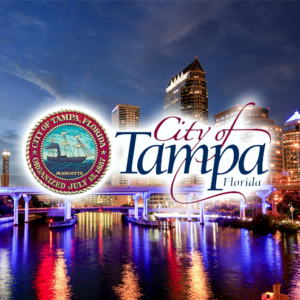

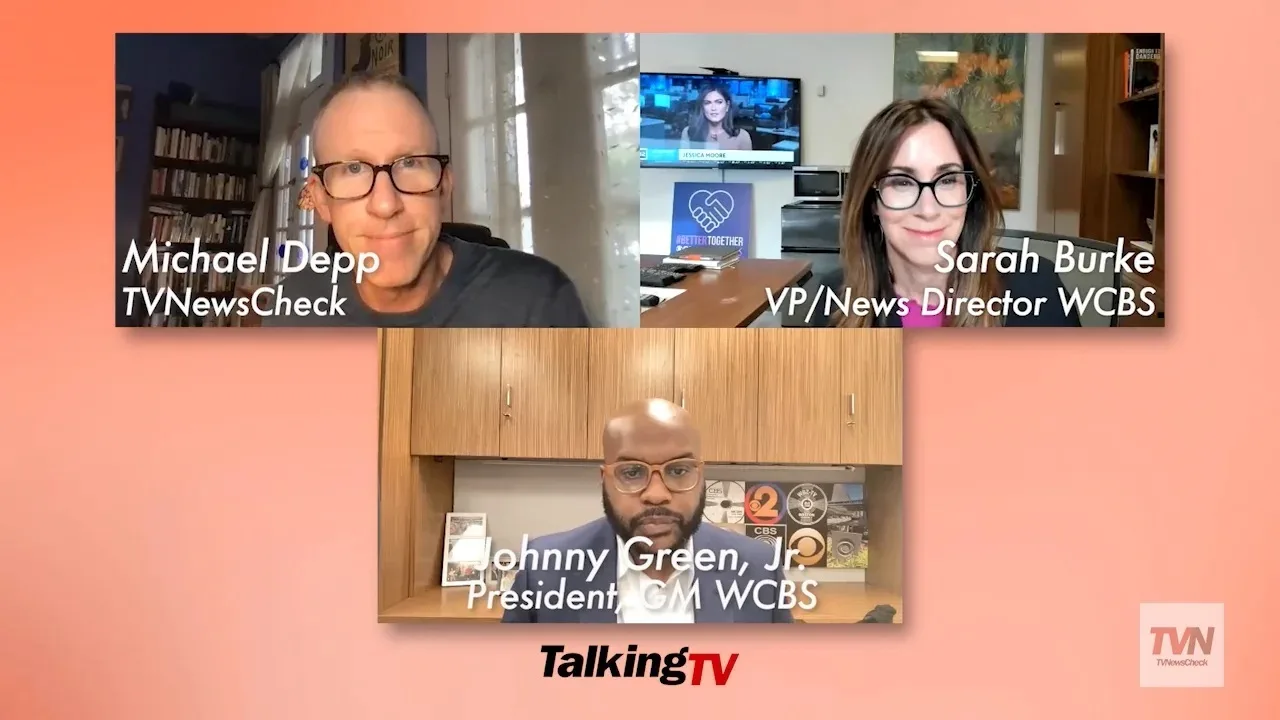
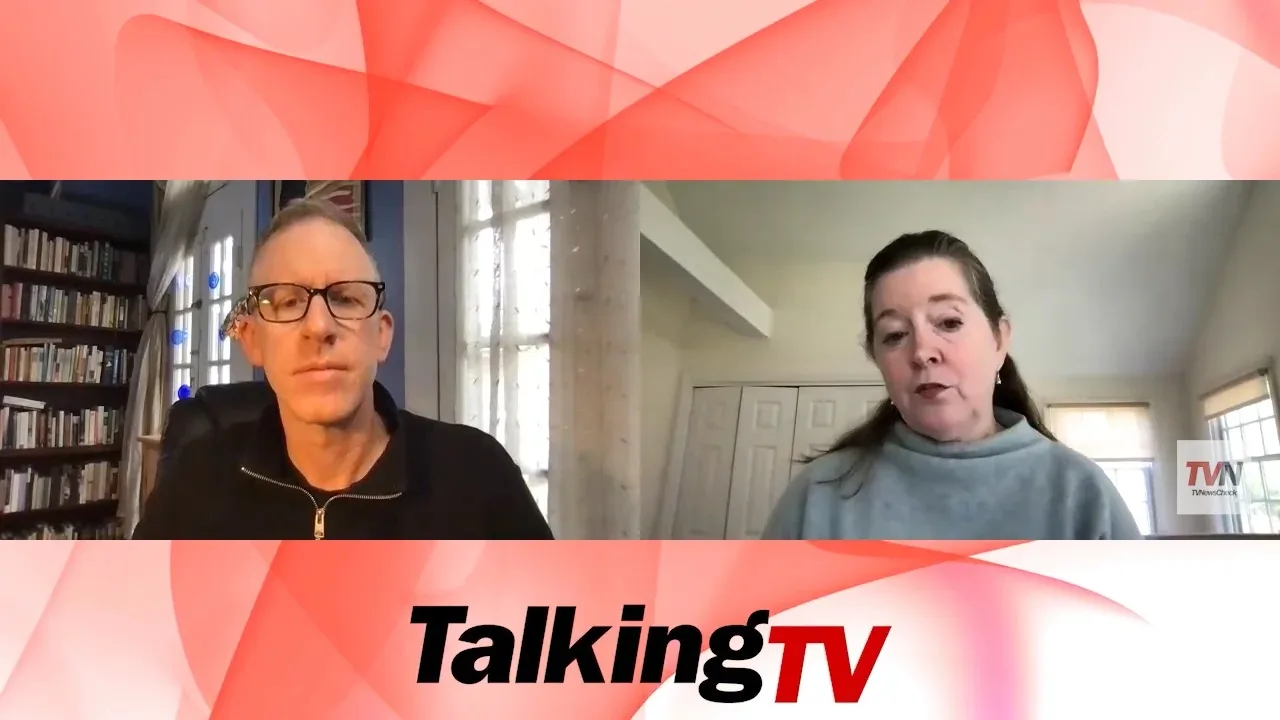


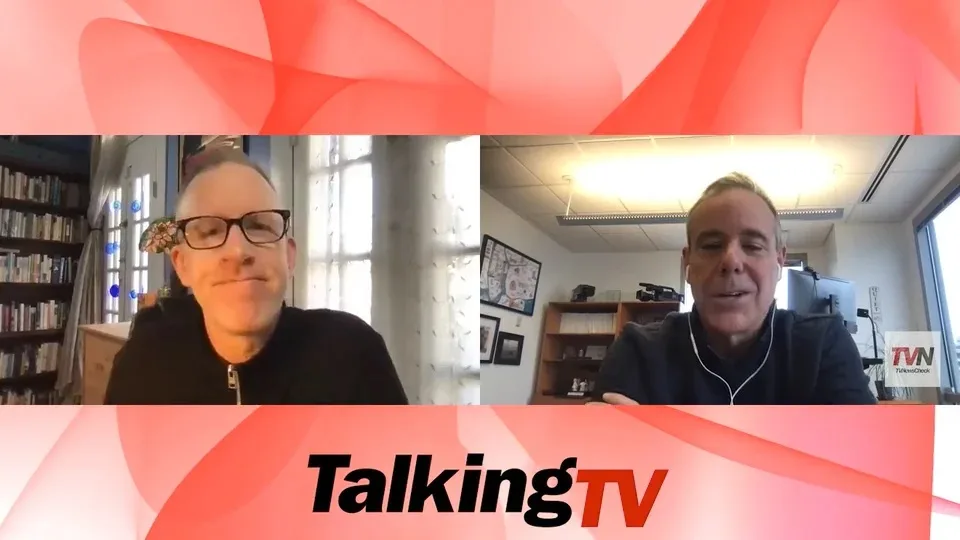

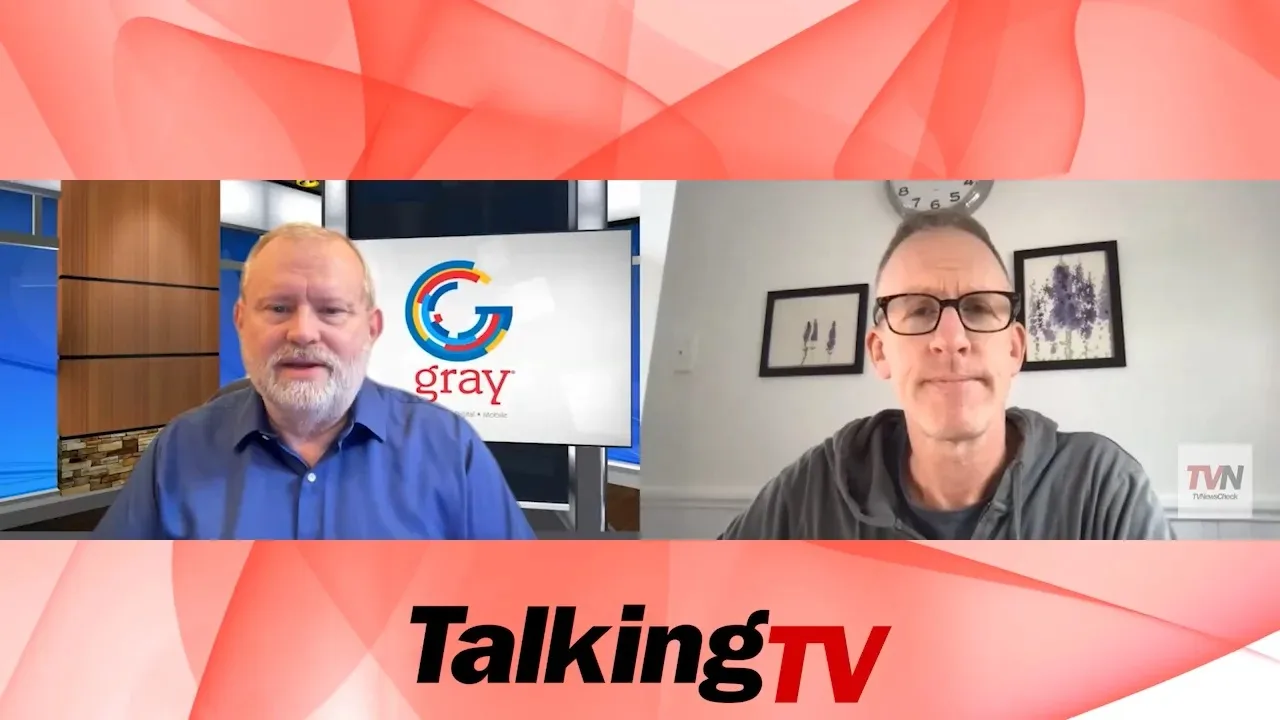

















Comments (8)
BarryOB says:
July 17, 2023 at 9:58 am
So following your logic RKO-General should never have been stripped of their licenses?
AIMTV says:
July 17, 2023 at 10:01 am
There was no mention that the Media and Democracy Project includes former Fox Network Executive and broadcasting veteran Preston Padden, so I include it here for the record. Mr. Padden’s track record in broadcasting is extensive and should be considered.
Interestingly, you write that broadcasting is the only media that is subjective to “second-guessing by federal bureaucrats” while also pointing out that “like most station newsrooms, it (WTXF) steered clear of Trump’s election ravings.” So, suppose broadcast TV remained one of the few platforms steering clear of Trump’s unfounded election ravings, which led to the January 6th fiasco and current polarization. In that case, the regulation formula for Broadcasting TV seems to work just fine. It’s the other de-regulated platforms that are the problem. So the question begs – why get rid of the regulation that works? Why not expand the regulation that works to the other de-regulated platforms?
Until the Full Invasion of Ukraine in 2022, the cable channel “Russia Today” was allowed to spew blatant lies all over cable networks for anyone weak-minded enough to believe Russian propaganda. Plenty of takers heard what they wanted to hear; facts (or basic human decency) be damned.
No one likes regulation. Airlines, Broadcasters, Bankers, etc., but I’ve yet to see a de-regulated industry that didn’t exploit deregulation for a quick profit and did not quickly kill any consumer trust in the sector—flown recently? Had money in a failed bank, perhaps?
In this case, I submit that FCC Regulation has benefitted broadcast TV. I know of Broadcast TV Executives who claimed to believe “Trump’s election ravings,” unfounded and silly as they were. Yet these baseless allegations did not appear in broadcast newsrooms because no facts could be plausibly used in any newsroom that uses even a fraction of basic journalistic principles. There’s a reason local broadcast TV is still the most trusted voice in the media landscape.
I submit the opposite of your view, that the FCC Rules ensure broadcasting continues to be credible and, in this case, an outlier the country and our tested democracy sorely need. The other “news” platforms should be regulated to the WORKING broadcast TV standards, as these platforms have clearly demonstrated they will not or cannot regulate themselves. This is why, I assume, MDP is using the only tool they have, as misguided and unfair as it may seem. We need more tools, not less. Our very democracy’s existence may depend on it.
Former Producer says:
July 17, 2023 at 12:36 pm
It seems TV News Check’s editorial stance tends to not favor the FCC. But Harry, and many in the broadcasting business, either forget or neglect to acknowledge that the airwaves belong to the public. You, me, everyone. Therefore, the FCC should and must respond to any broadcaster’s failure to act in the public interest.
Whether that applies in the case of Philadelphia’s Fox O&O is not for me to speculate. But don’t get too high on that horse when you bemoan the idea of the FCC acting in the public interest. If broadcasters like Rupert Murdoch want to use the public airwaves, those broadcasters have to provide a public benefit, or face the consequences.
tvn-member-1021386 says:
July 17, 2023 at 2:53 pm
@AIMTV: Could not agree with you more! BINGO!!
kcgiants99@gmail.com says:
July 17, 2023 at 11:23 pm
I don’t see it going anywhere MDP just wanted attention is all and to get a few to donate to a cause just like The PTC which lies about everything about Hollywood.
AIMTV says:
July 21, 2023 at 6:08 pm
I was surprised at my post’s reaction. I want to clarify. Working in broadcast media for 30+ years, I felt comfortable commenting on matters such as FCC regulation. On my Linkedin Page, some random radio industry person who does not follow me or know me felt compelled to accuse me of being against the 1st Amendment & freedom of expression. I’ve had the privilege of visiting 80+ countries, several of which (Cuba, Thailand, Russia, Vietnam, Nicaragua, etc.) don’t enjoy free speech or a free press. My visits to these countries have resulted in friendships with people suffering under the weight of oppression. They have only strengthened my resolve to protect their freedoms, and it’s one big reason I visit Ukraine during their fight to stay free.
I’ve also seen the flip side. I was a victim of a vicious defamation campaign by a mentally unhinged cyberstalker. Though we won our court case, she freely continued her libelous ways. I’ve learned to deal, but it shakes one’s confidence in justice.
There has never been absolute protection of free speech under the 1st Amendment. In fact, several categories of speech are not protected from government restrictions, including incitement, defamation, fraud, obscenity, child pornography, fighting words, and threats.
Broadcast is regulated by the FCC because, theoretically, at least, the airwaves (spectrum) that broadcasters traditionally use are a “scarce PUBLIC resource.” Cable and the internet are not considered limited and thus don’t require the same rigorous standard of review that applies to regulating broadcasting. Hence the growth of conspiracy theories and hate speech on these platforms.
While I don’t have all the answers, I’m proud that I’ve worked in a media segment that has consistently maintained public trust by sticking to journalistic principles. This is partly because of the FCC Regulation governing their license to operate. It is a model that works, whereas cable and the internet seem broken and contribute to disinformation, misinformation, and conspiracy theories, and, in general, endanger lives and the prospect of a healthy society.
My comments were directed at Mr. Jessell’s (a person I’ve met, respect & often agree with) seeming assertion that FCC rules hold back broadcast TV while simultaneously pointing out that broadcast TV was one of the few media that didn’t amplify Trump’s baseless “big lie” assertions. If the rules worked, as Mr. Jessell demonstrates, then why is that bad? Why drag broadcast TV down to internet and cable standards? Why not lift the internet and cable industries to broadcast TV standards?
No, this isn’t enshrined in law, but it could be. A reasonable, civil society can protect free speech AND have basic ground rules (i.e., regulation) to safeguard society from the worst actors, many of whom are fueled by foreign adversaries whose sole intention is to weaken the US specifically & democracy in general.
tvn-member-3011604 says:
August 2, 2023 at 11:45 am
The name Preston Padden doesn’t impress me. His advocating of pulling the Fox licenses for false news reporting is nothing more than censorship and a slap to the First Amendment. If that’s the case, let’s scrutinize the licenses of all networks for misreporting the Russia Collusion Hoax as true. Free speech includes being wrong and deliberately lying (just ask 46).
BJohnson says:
August 4, 2023 at 9:55 am
AIMTV says: “In this case, I submit that FCC Regulation has benefitted broadcast TV.”
FCC regs are overwhelmingly technical in nature. They are not now, nor ever have been the Ministry of Truth. The entire underpinning of the late Fairness Doctrine was spectrum scarcity (Red Lion, 1969.) Creating such a content-based precedent is not only antithetical to the First Amendment, it is something that you’ll feel buyers remorse from for years to come.